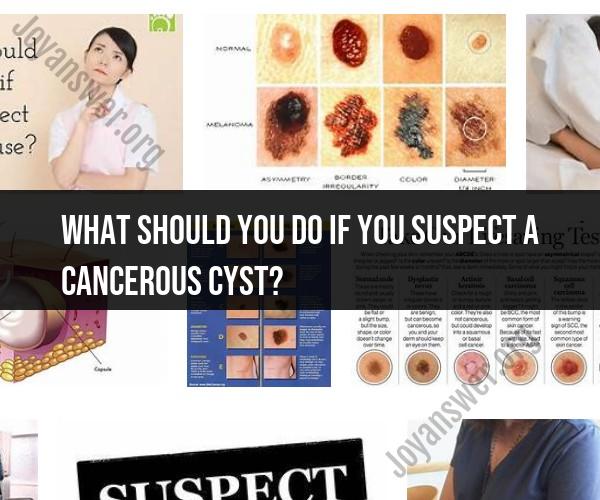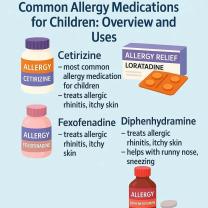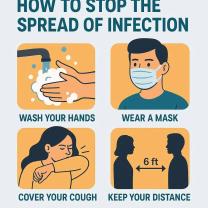What should you do if you suspect a cancerous cyst?
If you suspect you have a cancerous cyst, it's important to take prompt action. While I'm not a doctor, I can provide you with general steps to consider if you're concerned about a cyst that might be cancerous. Always consult a healthcare professional for personalized advice. Here's what you might want to do next:
1. Consult a Healthcare Professional:Schedule an appointment with a medical doctor, preferably a specialist such as an oncologist or a dermatologist if the cyst is on the skin. Describe your symptoms, concerns, and any changes you've noticed in the cyst.
2. Medical Evaluation:Your doctor will perform a physical examination and may order additional tests to determine the nature of the cyst. This could include imaging tests (ultrasound, MRI, CT scan) and, if necessary, a biopsy to analyze the cyst's cells.
3. Biopsy:If the doctor suspects cancer, they might recommend a biopsy. During a biopsy, a small sample of tissue is taken from the cyst for laboratory analysis. This helps determine if the cyst is cancerous (malignant) or non-cancerous (benign).
4. Imaging Studies:Imaging studies can provide more information about the cyst's size, shape, and location. These studies help doctors plan the best course of action and treatment if needed.
5. Discuss Treatment Options:If the cyst is found to be cancerous, your doctor will discuss treatment options with you. The course of treatment depends on the type of cancer, its stage, and your overall health. Treatment options may include surgery, chemotherapy, radiation therapy, targeted therapy, or a combination of these.
6. Seek a Second Opinion:If you receive a diagnosis of cancer, consider seeking a second opinion from another medical professional or specialist. Different opinions can provide a broader understanding of your situation and available treatments.
7. Emotional Support:Dealing with the possibility of cancer can be emotionally challenging. Reach out to friends, family, or support groups to help you cope with your feelings and receive encouragement.
8. Follow Medical Recommendations:Follow your doctor's recommendations for further tests, treatment, and follow-up appointments. Timely and appropriate medical care is essential for managing and treating cancer.
Remember, this advice is general in nature, and your situation may be unique. Always consult a qualified healthcare professional to receive personalized guidance based on your specific circumstances. Early detection and intervention are crucial for managing and treating cancer effectively.













